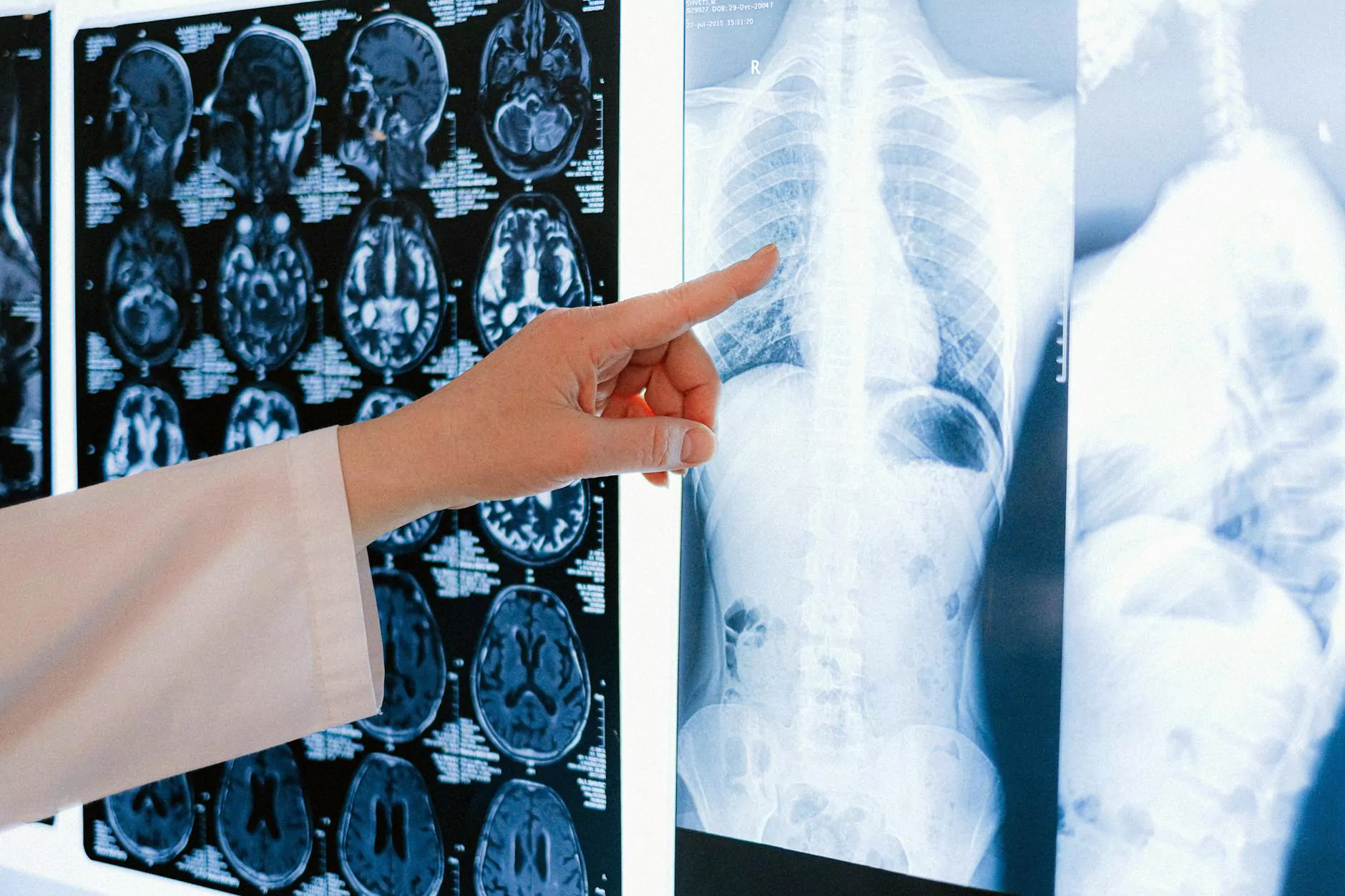Common Causes of Medication Errors and Their Dangers

Introduction
Welcome to Baytowne Reporting’s insightful blog on medication errors! In this comprehensive guide, we will explore the common causes of medication errors and shed light on the potential dangers associated with them. Medication errors can have serious consequences, impacting both individuals and healthcare systems. As a leading provider of accurate legal reporting services, we aim to raise awareness about this critical issue and promote patient safety.
The Importance of Medication Safety
Medication safety is of utmost importance in maintaining the well-being of patients. When healthcare professionals make errors in prescribing, administering, or monitoring medications, it can lead to adverse drug events (ADEs) or even patient fatalities. ADEs can result in prolonged hospital stays, increased healthcare costs, and compromised patient outcomes. By understanding the common causes of medication errors, we can take proactive measures to prevent them.
Common Causes of Medication Errors
Inadequate Communication
Effective communication is vital in preventing medication errors. Miscommunication can occur at various stages, such as during prescribing, dispensing, and administering medications. Lack of clear communication among healthcare professionals, patients, and pharmacists can lead to incorrect medication doses, wrong medication administration routes, or drug interactions.
Illegible Handwriting
Illegible handwriting by healthcare professionals is a common source of medication errors. When pharmacists or nurses struggle to decipher prescriptions, they may administer the wrong medication or incorrect dosage. Implementing electronic prescribing systems can significantly reduce the risks associated with illegible handwriting.
Failure to Verify Patient Information
Failure to verify patient information, including allergies, medical conditions, and current medications, can result in medication errors. It is essential for healthcare professionals to obtain accurate and up-to-date patient information before prescribing or administering any medications. The use of electronic medical records and computerized physician order entry systems can enhance patient safety by providing reliable patient information.
Lack of Medication Knowledge
Insufficient knowledge about medications can contribute to errors. Healthcare professionals must stay informed about the latest drugs, their uses, potential side effects, and dosing guidelines. Continuous education and training programs are vital in enhancing medication knowledge and reducing medication errors.
Dangers of Medication Errors
Medication errors can have severe consequences for patients, potentially leading to harm or even death. Some of the dangers associated with medication errors include:
Adverse Drug Reactions
When patients receive incorrect medications or improper dosages, they may experience adverse drug reactions (ADRs). These reactions can range from mild side effects to life-threatening complications, depending on the medication and individual susceptibility.
Allergic Reactions
Administering medications to patients with known allergies without proper verification can lead to severe allergic reactions. These reactions can vary in severity and may require immediate medical intervention to prevent further complications.
Medication Interactions
Combining certain medications can result in harmful interactions. Failure to recognize potential interactions between medications may lead to adverse effects, impacting patient safety.
Drug Overdose or Underdose
Incorrect dosages pose a significant risk to patients. Administering too much or too little medication can have serious consequences, ranging from reduced effectiveness to life-threatening toxicity.
Organ Damage
Some medications have the potential to cause organ damage, especially when not administered correctly. Medication errors can exacerbate this risk and lead to long-term complications.
Conclusion
Medication errors are preventable and understanding their common causes is the first step towards improving patient safety. By addressing issues such as inadequate communication, illegible handwriting, failure to verify patient information, and lack of medication knowledge, we can mitigate the risks associated with medication errors. At Baytowne Reporting, we are committed to promoting medication safety through our legal services and raising awareness within the legal domain. Together, let's strive for a healthcare system that prioritizes patient safety and minimizes the occurrence of medication errors.



